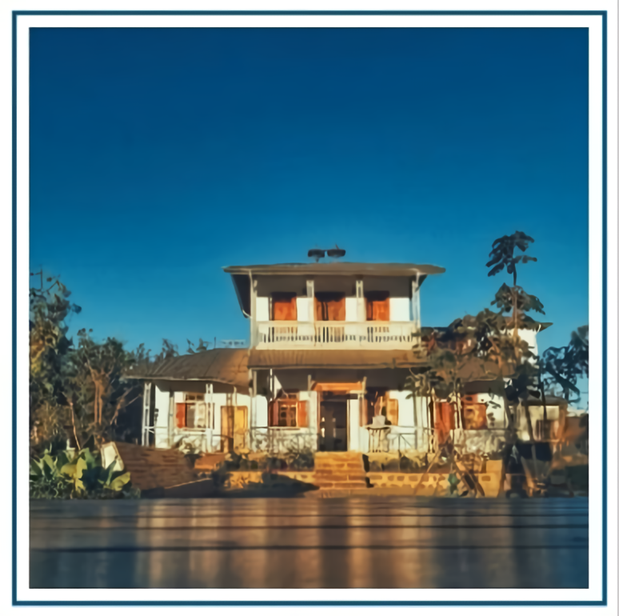
Last year, Ethiopia, an East African country with archaeological findings dating back over three million years, hosted museum directors, policymakers, cultural experts, and development practitioners from 28 African and 12 European countries for the ‘Strengthening African European Museum Partnerships’ workshop.
The two-day workshop, organized by DT Global in collaboration and the European Union Delegation to the African Union and held in Addis Ababa, fostered greater collaboration between African and European museums. The focus for attendees was on exploring museums’ role in cultural and economic development, as well as building networking opportunities for sustainable cooperation.
Building on the Dakar Declaration’s call for sustainable museum networks, the workshop explored the crucial role museums play in preserving cultural heritage, promoting social cohesion and intercultural dialogue, and contributing to economic development.
One example highlighted during the event was Abel Assef’s Yimtubezina Museum, Ethiopia’s first independent private museum that relies on the community in preservation. This participatory model has been critical in creating platforms for cultural exchanges.
“Museums contribute to education by collecting and preserving the cultural, historical, and religious heritage of the people of a country. Besides preserving cultural heritage, museums contribute significantly to tourism sector development,” said Assef.
Set against the historic and diverse backdrop of Addis Ababa, the workshop attendees had the opportunity to experience Ethiopian culture first-hand. They took guided visits to the National Museum and the Adwa Victory Museum, and enjoyed an evening at the Fendika Cultural Centre, listening to Ethiopian jazz — a genre that has sadly faded. These experiences deepened the participants’ understanding of local heritage and reinforced the workshop’s message of cross-continental solidarity in cultural preservation.
The workshop focused on three key building blocks to address pressing challenges in cultural heritage preservation and museum cooperation:
The ‘Strengthening African European Museum Partnerships’ initiative embodies a vital commitment to cultural diplomacy. This effort aligns with the European Commission’s Team Europe approach, which fosters sustainable development and cultural understanding on a global scale. Preserving cultural heritage in Africa is essential, not only for safeguarding the continent's rich history but also for nurturing a sense of identity and pride among future generations.
Cultural exchange and collaboration with European institutions facilitate the sharing of conservation techniques, educational strategies, and innovative ideas that benefit museums on both continents. This mutual exchange enriches cultural understanding, supports sustainable preservation efforts, and promotes a shared commitment to protecting heritage.
This project and workshop represented a crucial step in a long-term commitment to cultural cooperation. As participants return to their countries, they take with them actionable strategies and a renewed commitment to building museum partnerships that reflect the diversity and unity of African and European heritage.